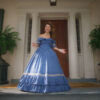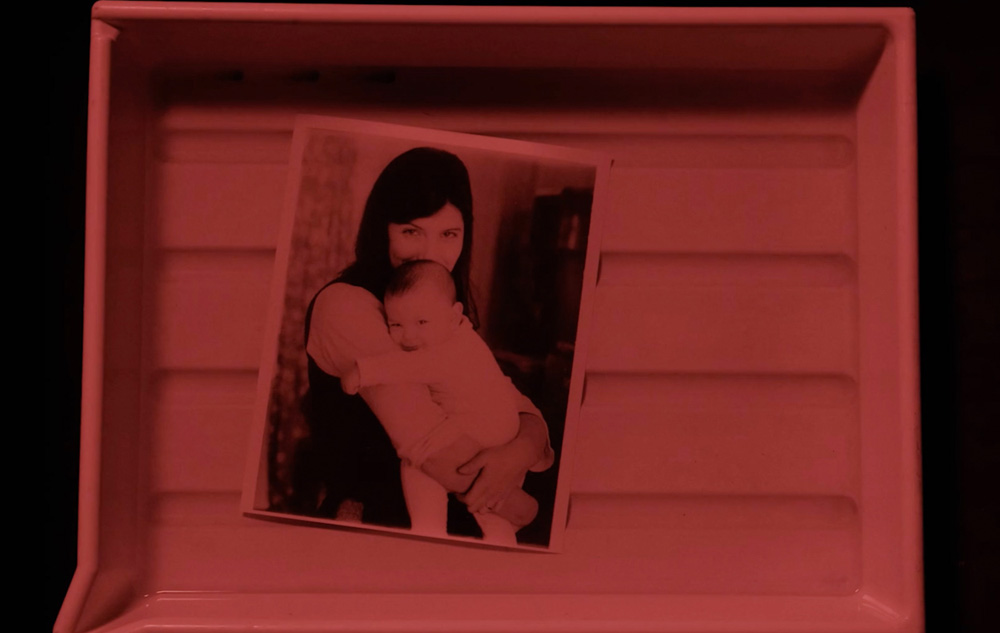If a picture is worth a thousand words, Rachel Elizabeth Seed never felt as if she could receive them as she looked through her mother Sheila’s work as a photographer, making the audio recordings tucked inside the box of her things that now resides at the International Center of Photography Archives a bit of a Rosetta Stone in “A Photographic Memory.” There is at once more than most people have of their parents’ voice after they pass when Sheila recorded conversations with famous photographers such as Henri Cartier-Bresson for her book “Images of Man,” and yet still nowhere near enough and as she gets to know her mother who she lost to a cerebral hemorrhage just 10 months after she was born with limited evidence, Seed has to wonder what a picture can actually capture, being frozen in time and the motives behind it often being frustratingly abstract.
As far as Seed’s own deeply moving portrait goes, it can capture quite a lot when “A Photographic Memory” has implications well beyond the mother-daughter relationship at its center. For reasons that seem to remain ambiguous to Seed, she has followed in her mother’s footsteps to some degree, drawn to taking pictures professionally – though that could also have to do with her father Brian, who freelanced for Time and the Sunday Observer – and interning at Scholastic where Sheila once took advantage of a educational mandate to inform kids about the world around them by traveling the world herself. When Seed has no maternal figure to guide her now – over the 10 years “A Photographic Memory” is filmed, she grapples with issues of marriage and whether to start a family – she discovers how her mother had to work through what her place in society would be during the 1950s and ‘60s when, as a high school classmate says, most women “went to college to get their MRS. degree.”
Although Seed learns of a remarkable woman who traveled the world and made real headway in a predominantly male field with a thriving career and photos landing in major newspapers — she ended up being the only one with a clear shot of Egyptian President Gamal Abdel Nasser’s casket when he died in 1970, you’re never meant to be in awe of her, chronicling her uncertainty about nearly everything in the detailed journal she kept throughout the years. Provocatively, what you see is a lot different than what you hear, a tribute to the thoughtful work of editors Will Garofalo, Tyler Hubby, Eileen Meyer and Christopher Stout where daring to be different looks less brave than as likely intimidating as it once was for Sheila, who interrogates her desire for travel as a response to her relatives’ fear of leaving the U.S. after the Holocaust or in picking a partner when the safe choice hardly looks like the right one for her.
The recognition that Sheila doesn’t have all the answers appears to be more of a comfort to her daughter than if she did as she goes through her own maturation and “A Photographic Memory” is particularly poignant when the director starts to see her father lose his memory and observes that he only wants to hold onto the good ones, seeing no value in the rest. When Seed clearly doesn’t hold this to be true herself, all the work that’s been put into getting behind the image becomes bracing when she is able to bring her mother back to life in all her dimension for everyone including herself.
“A Photographic Memory” will screen again at True/False on March 2nd at 5:45 pm at Jesse Auditorium and March 3rd at 7:30 pm at the Missouri Theatre.




